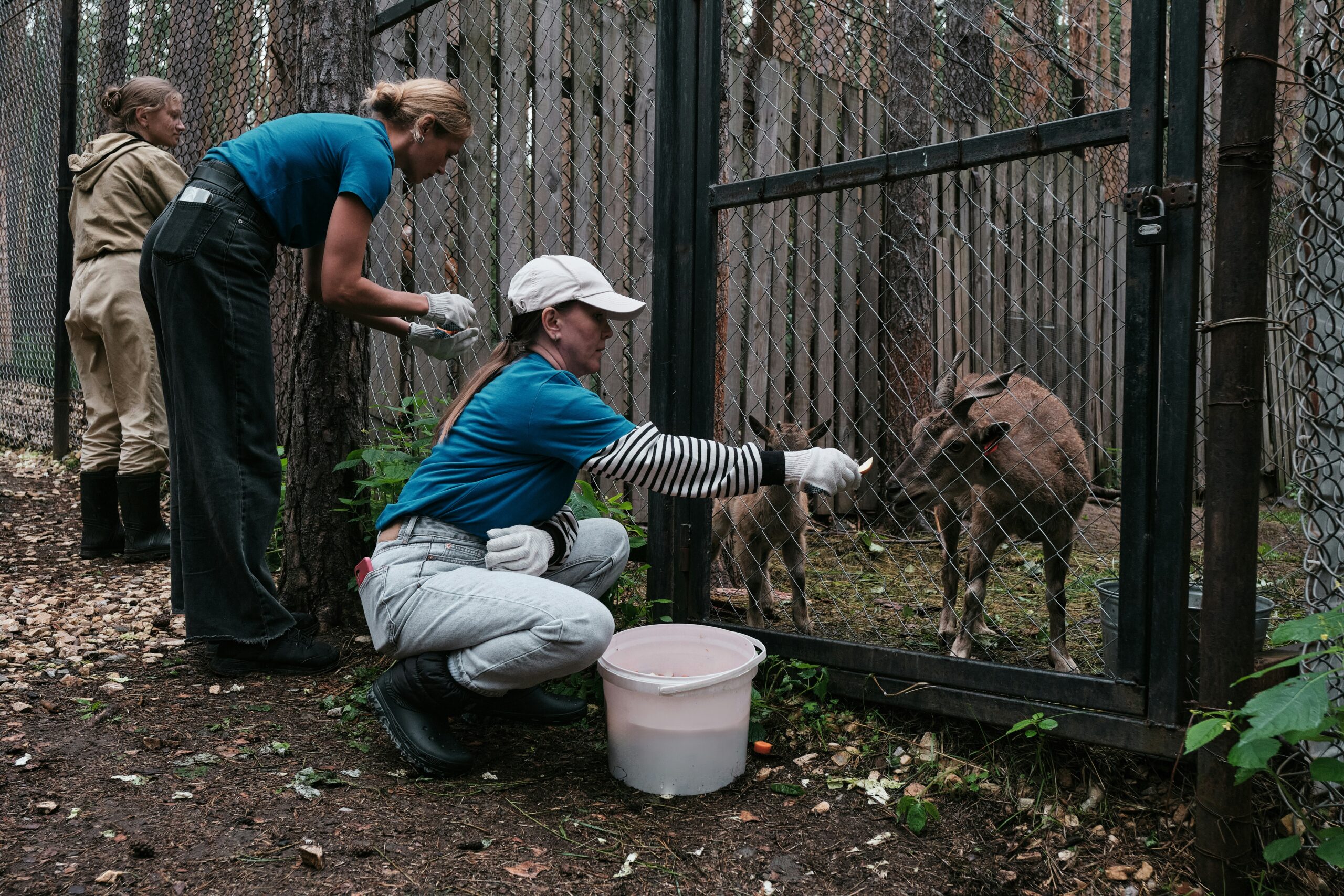
Animal welfare is more than just caring for pets; it reflects our collective compassion and moral responsibility toward all living creatures. In today’s rapidly changing modern world, animals face countless threats, including habitat loss, neglect, and exploitation. Therefore, promoting animal welfare means acknowledging that every creature, whether domestic or wild, deserves respect and protection. By understanding this core principle, we can begin to bridge the gap between humans and animals, fostering harmony and coexistence.
Moreover, animal welfare encompasses both the emotional and physical well-being of animals. It is not enough to provide shelter or food alone; animals require freedom, enrichment, and care. Consequently, those who champion animal welfare are not simply caregivers—they are advocates for justice and empathy. Their efforts remind us that kindness toward animals enriches humanity itself.
The Role of Advocacy and Education
Education plays a crucial role in inspiring compassion and awareness about animal welfare. When people learn about the suffering that many animals endure, they become more inclined to take action. Therefore, spreading knowledge in schools, communities, and social platforms is essential. Informative campaigns and workshops help debunk myths about animals and encourage responsible ownership. Additionally, educating children early helps cultivate lifelong compassion, ensuring the next generation continues to protect and respect animals.
Advocacy, on the other hand, transforms compassion into action. Activists lobby for stricter animal protection laws, expose cruelty, and push for reform in industries where animals are often exploited. As a result, their tireless work leads to concrete changes—such as bans on animal testing, improvements in farming practices, and more substantial penalties for neglect. Together, education and advocacy serve as powerful tools to amplify the message of animal welfare across society.
Supporting Shelters and Rescue Efforts
Animal shelters and rescue organizations form the heart of the welfare movement. These places offer refuge to abandoned, injured, and mistreated animals, giving them a second chance at life. Volunteers and staff often work around the clock to ensure that each animal receives medical care, rehabilitation, and love. Furthermore, fostering and adoption programs connect these animals with caring families, transforming lives on both sides.
Still, shelters rely heavily on community support. Donations, volunteer hours, and public awareness can make a world of difference. By choosing to adopt rather than shop, individuals actively help reduce the number of homeless animals. Moreover, volunteering at shelters or even spreading the word online helps sustain these organizations’ crucial missions. Every small act of kindness—no matter how simple—contributes to a broader culture of compassion.
The Power of Responsible Pet Ownership
Owning a pet is both a privilege and a responsibility. Responsible pet owners ensure their animals are well-fed, vaccinated, and adequately trained. More importantly, they provide emotional care and create safe environments. Consequently, such practices prevent neglect and reduce the burden on shelters. Simple actions, such as spaying or neutering pets, also help control overpopulation, a significant issue worldwide.
Furthermore, responsible ownership extends beyond the home. It involves understanding that every action—whether purchasing a pet, choosing a product, or supporting a business—can impact animal welfare. When people buy cruelty-free products or support ethical brands, they send a powerful message to industries that profit from animal suffering. In essence, responsible pet ownership becomes part of a broader moral framework that guides our interactions with all living beings.
Inspiring a Heart for All Creatures
At the core of every movement lies empathy—the simple act of recognizing another being’s pain and choosing to help. When people develop a heart for all creatures, they embody the essence of humanity. Acts of kindness toward animals, whether rescuing a stray or supporting a sanctuary, ripple outward, inspiring others to do the same. In turn, this collective compassion builds stronger, more humane communities.
Fostering a passion for animal welfare begins with awareness but thrives through action. Each person has the power to make a difference, from volunteering and adopting to advocating and educating others. As we move forward, let us remember that compassion knows no species. By standing up for animals, we not only protect them—we also reaffirm the best parts of ourselves.
A Global Movement for Change
Animal welfare is no longer a local concern; it has evolved into a global movement. Around the world, organizations are uniting to tackle issues such as illegal wildlife trade, deforestation, and factory farming. International cooperation has led to significant victories, including wildlife conservation efforts and the establishment of protected areas, also known as sanctuaries. Moreover, social media has amplified these causes, enabling activists to reach millions and raise funds more efficiently than ever before.
However, challenges persist. Many animals continue to suffer in silence due to cultural practices, inadequate regulations, or a lack of awareness. Yet, progress continues as individuals, communities, and governments collaborate to bring about change. Each initiative—no matter how small—adds momentum to the global call for compassion. Ultimately, collective effort holds the key to creating a future where every creature can live freely and safely.